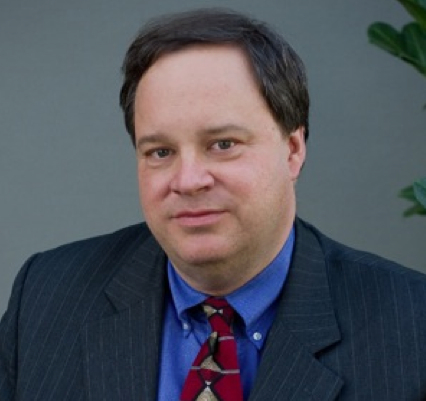Making Sense of Friedrich A. von Hayek: Focus/The Honest Broker for the Week of August 9, 2014 http://equitablegrowth.org/making-sense-friedrich-von-hayek-focusthe-honest-broker-week-august-9-2014/ (2014)
Famous J. Bradford DeLong Quotes
Ch. 6 : "America’s Peacetime Inflation: The 1970s" in Reducing Inflation: Motivation and Strategy (1997) edited by Christina D. Romer and David H. Romer
Making Sense of Friedrich A. von Hayek: Focus/The Honest Broker for the Week of August 9, 2014 http://equitablegrowth.org/making-sense-friedrich-von-hayek-focusthe-honest-broker-week-august-9-2014/ (2014)
"Should We Still Support Untrammelled International Capital Mobility? Or are Capital Controls Less Evil than We Once Believed?", The Economists' Voice (2004)
